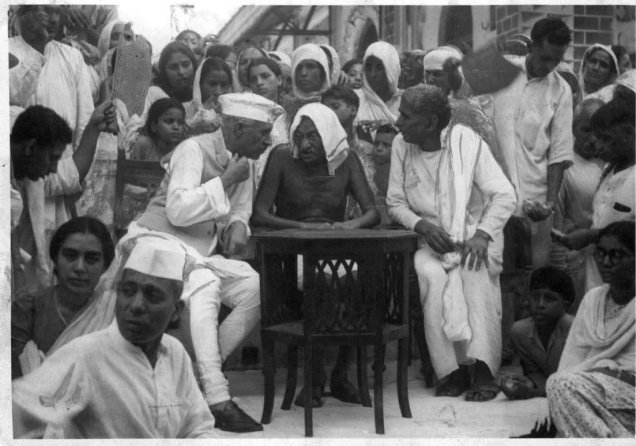As opposed to joint elections, where candidates are chosen collectively, separate elections are those in which minorities choose their own representatives independently. Minorities call for a separate electorate when they worry that they won’t be represented in state affairs and government. The same applied to Indian Muslims.
Despite their size, they would not receive the proper representation in a combined election. The Muslims requested separate electorates when the British introduced democracy in India in an effort to solidify their power and include the populace in politics. They were granted at the Muslims’ request; they were not enforced by the Brits.
The concept of a separate electorate for Muslims in India was first introduced through the Morley-Minto Reforms of 1909. These reforms allowed for a limited form of representation for Muslims in the legislative councils of British India, creating separate electorates for Muslims.
However, the system of separate electorates for Muslims was further entrenched in the Government of India Act of 1935, which allowed for the creation of separate electorates for various religious and ethnic communities, including Muslims.
Under this system, Muslims were given the right to vote for candidates who were exclusively Muslim and who would represent their interests in the legislature.
Also read: Bhagat Singh: life, activism, and death
It’s worth noting that the system of a separate electorate was a controversial and divisive issue, as it created a sense of separate identity and communalism among different religious and ethnic groups in India. When Muslims in India were given the right to separate electorate, demand for separate electorates for Muslims was one of the factors that contributed to the eventual partition of India and the creation of Pakistan in 1947.
The demand for separate electorates for Muslims was indeed a contentious issue in India’s history, particularly in the early 20th century. Many Hindus then opposed the idea of separate electorates for Muslims, seeing it as a threat to Hindu political power and unity.
Some of the reasons for this opposition may include historical tensions between Hindus and Muslims, dating back to the medieval period, and concerns about the potential fragmentation of the Indian nation along religious lines.
